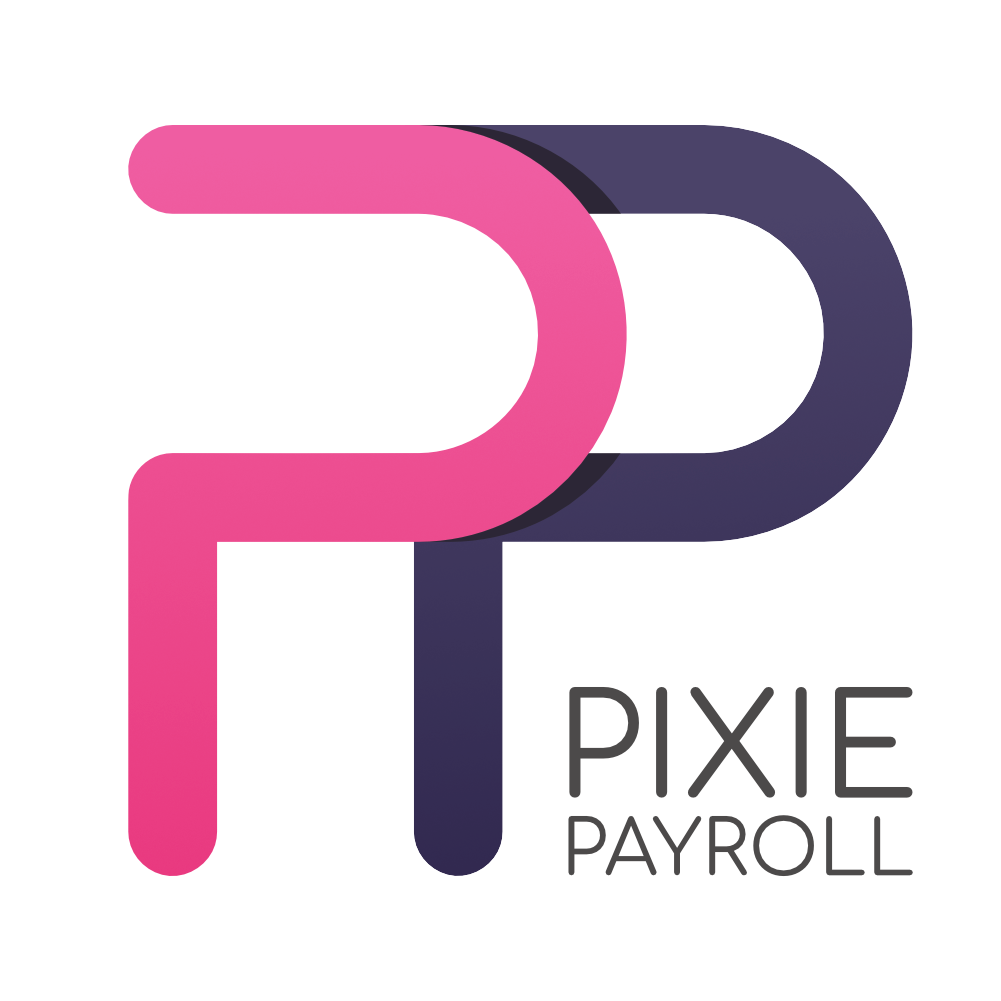Normally it is the Chancellor’s Autumn Budget that is much anticipated but this year, with the increase in the cost of living, huge fuel and utilities price increases as well as the impact of the war in Ukraine, his Spring Statement also generated much interest.
Rishi Sunak delivered his statement to Parliament on Wednesday and here are some of the key points for employers and employees.
National Insurance
Although he didn’t scrap the planned increase in NICs that’s due to come into force in April (you can read about that here), he did announce another big change to National Insurance which is that the threshold for paying it will increase by around £3,000 to £12,570 in July 2022. That puts it on par with income tax and means people earning £12,569 or less won’t now have any taxation deductions taken from their pay packet after the change comes into effect.
That should help mitigate against the rate increase and so should mean most employees won’t see too much of a difference although employers will still be paying a higher Employers’ NIC rate.
Fuel Duty
The sudden and dramatic increase in petrol and diesel prices we have seen recently have affected all of us. Relatively low paid workers such as carers who use cars to get around have been especially hard hit and so the 5p reduction in fuel duty for 12 months will be welcome.
It should mean that we will see an immediate reduction in price at the pumps from 6pm on Wednesday.
Household Support Fund
The Chancellor has doubled the size of the Household Support Fund by adding £500m to the pot. The fund is administered by local authorities and here in Cornwall, £4.5m has already been provided and is being distributed by the council, charities and other partner organisations to support those in need. Although the figures haven’t been confirmed, we can therefore expect a further £4.5m to make its way to us.
Have a look at this webpage for more information and links to financial crisis help and support: https://www.cornwall.gov.uk/benefits-and-support/household-support-fund/
Employment Allowance
Employers whose Class 1 NIC liabilities were less than £100,000 in the last tax year can claim Employment Allowance to offset against National Insurance liabilities they have now. It is currently set at £4,000 but it was announced today that this will be increased to £5,000 immediately.
In the same way the NIC threshold was raised to mitigate against the tax increase for employees, this will help some employers reduce the impact of the extra taxation.
To check whether your business is eligible for the Allowance, click here: https://www.gov.uk/claim-employment-allowance
Future tax plans
The Chancellor also announced a plan to reduce the rate of income tax by 1% to 19% in 2024 and that he would be looking at a range of measures to encourage greater productivity, innovation and training with businesses and employers.
There was also a startling statistic that it is predicted there will be 400,000 fewer people in the workforce in the coming years compared to before the pandemic, caused by a combination of early retirement, migrants returning home and ill-health. That means the pressure on recruitment and managing staff shortages isn’t going away and employers will have to work hard to attract employees to their businesses.
As always, if you have any questions about how the measures in the Spring Statement will affect your payroll or employees, just get in touch.
